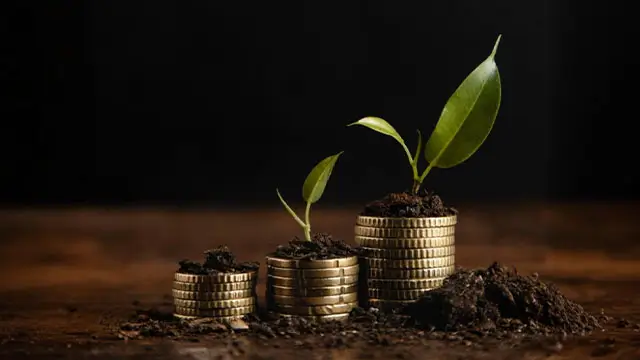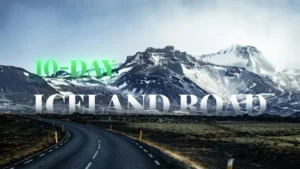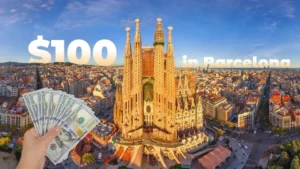Introduction: The Shift in Travel Philosophy
In an era of overtourism and mass-produced trinkets, a new wave of travelers is rejecting traditional tourism models. Instead of collecting souvenirs, they’re investing in skills—exchanging material possessions for transformative experiences that continue to enrich their lives long after returning home. This paradigm shift represents not just a change in spending habits, but a fundamental rethinking of what constitutes true value from our travels.

The Psychology Behind Experience-Based Investing
Scientific research consistently confirms what mindful travelers have long suspected: experiences bring more lasting happiness than possessions. A study from Cornell University revealed that experiential purchases provide greater satisfaction because they become integral to our identity. Unlike material items that depreciate, skills and experiences appreciate in value through storytelling, personal growth, and expanded capabilities. They form what psychologists call “experience capital”—a wealth that cannot be lost or stolen.
5 Transformative Skill-Based Travel Experiences
1. Culinary Immersion in Italy: Trade cheap limoncello bottles for a week learning authentic pasta-making from nonnas in Bologna. The skills gained will delight your dinner guests for years, far outlasting any refrigerator magnet.
2. Traditional Craftsmanship in Japan: Instead of buying mass-produced souvenirs in Tokyo, apprentice with a master potter in Kyushu. The patience and precision learned at the wheel translate to mindfulness practices applicable in daily life.
3. Marine Conservation in Costa Rica: Replace tacky T-shirts with certified diving skills while helping protect coral reefs. The environmental awareness gained creates lifelong advocacy far more valuable than any T-shirt could provide.
4. Language Retreat in Guatemala: Spend what you’d typically allocate for souvenirs on intensive Spanish classes in Antigua. Language skills open doors to deeper cultural connections and even career opportunities.
5. Wilderness Survival in Canada: Exchange tourist traps for certified wilderness first-aid training in the Rockies. These potentially life-saving skills yield returns that cannot be measured materially.
The Compound Interest of Experiential Investment
Skill-based travel creates compounding returns that physical souvenirs cannot match. A cooking class in Thailand doesn’t end when you fly home—it enhances every meal you prepare thereafter. A photography workshop in Iceland continues to pay dividends through improved composition in your daily life. These experiences shape our neural pathways, build confidence, and frequently lead to unexpected opportunities years later.
Practical Planning: How to Trade Stuff for Skills
• Research Authentic Providers: Look for local masters rather than tourist-oriented schools. A family-run pottery workshop in Morocco offers more authentic learning than a hotel-sponsored class.
• Budget Strategically: Allocate 70% of your souvenir budget toward experiences. The $300 spent on a two-day weaving workshop in Guatemala provides greater value than accumulated trinkets.
• Document the Process: Keep a learning journal instead of just taking photos. Record not just what you learned, but how it made you feel and how you plan to apply it.
• Share Your Knowledge: The true value of skill acquisition multiplies when shared. Teach others what you’ve learned, extending the experience’s impact beyond yourself.
Conclusion: The Returns That Matter
When we trade souvenirs for skills, we’re not just purchasing an activity—we’re investing in our future selves. The ceramic bowl you create yourself, however imperfect, carries more meaning than the most exquisite purchased souvenir. The language phrases mastered through struggle connect you more deeply to a culture than any keychain ever could. In the ledger of life, experiences are the assets that appreciate long after their purchase, making them the wisest investment any traveler can make.





